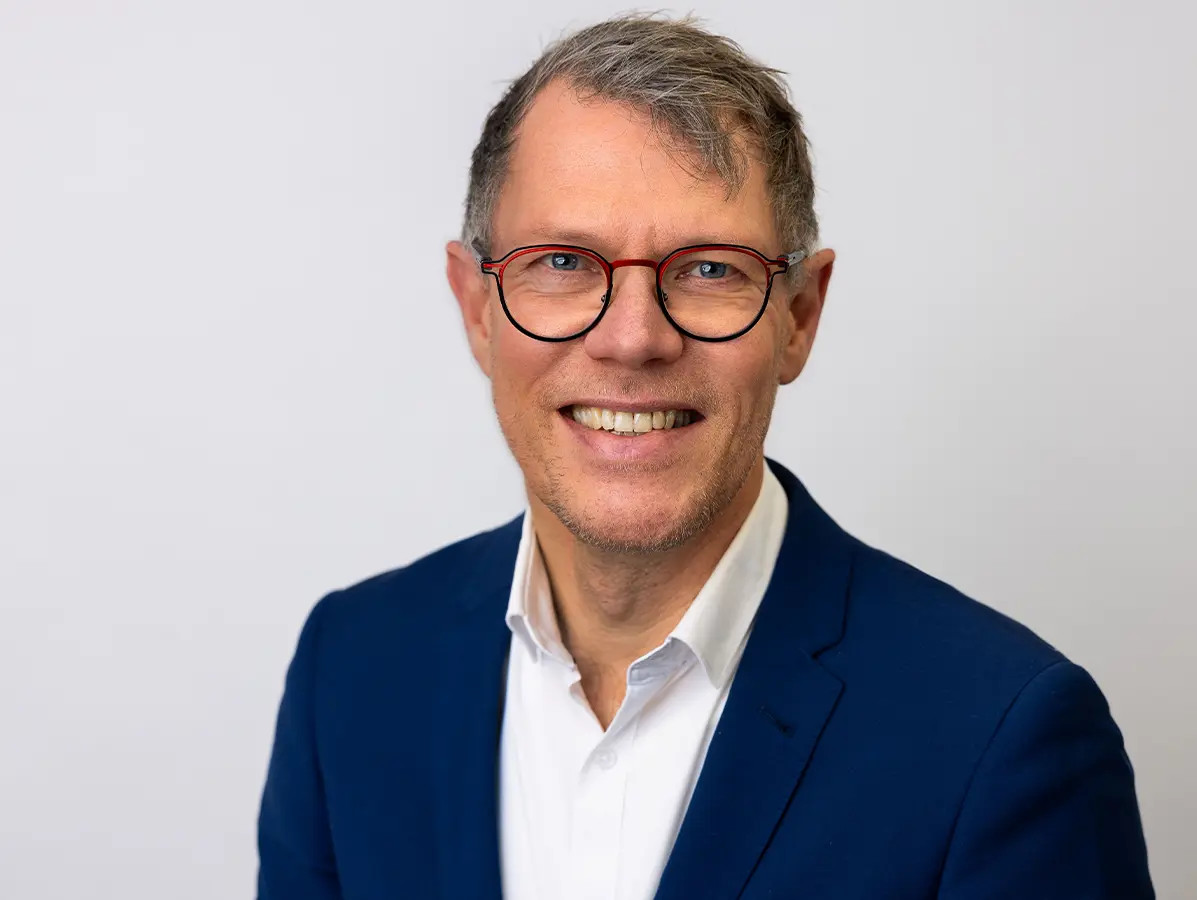
Do you eat meat or not? Avocados or no avocados? Do you take a flight for your holidays or not? Drive a (electric) car or not? Have pets or not? Children or no children? Nowadays, everything comes with a CO2 emission price tag.
I recently spoke to a former neighbor. He now lives in Spain. A few years ago, he bought a run-down property there, which he fixed up himself and equipped with a single solar panel. He doesn’t have a power connection. His land is home to fruit and nut trees, a vegetable garden, and grapevines from which he makes his own delicious wine. Occasionally, he earns some extra money, for example by pruning trees for his new neighbors. But only if it’s within biking distance, as he no longer owns a car. How sharply does this modest life contrast with billionaires like Jeff Bezos, Elon Musk, and Richard Branson and their spectacular, incredibly costly, and not very sustainable (to put it mildly) trips into space.
These are extremes, but still… these examples reflect what I see, to varying degrees, in society. I don’t just see simplicity versus extravagance, but also vegetarians versus meat eaters, farmers versus city dwellers, one group versus the other, all wrapped up in discussions about why they are or aren’t living sustainably. What stands out to me is that every attempt to convince the other side of one’s own righteousness leads to very little. The most we seem able to achieve when building bridges between one and the other is gaining a bit more understanding for each other.
You don’t need to measure someone else against your own yardstick. At its core, it’s about whether you take responsibility for your actions and for the impact your choices have on—and in—this world. If you do that sincerely and with integrity, you don’t need anyone’s permission.
Pieter Vos
Consultancy & Interim Management
Source: Vakblad Voedingsindustrie 2025